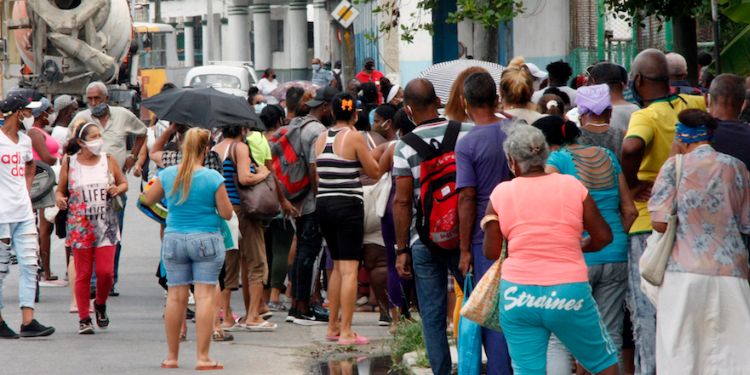In nine chapters, Campos talks about the different inequalities that affect the country, and provides a reflection on their scope, depth, and consequences. The author stresses that in 130 years, regional inequality between the north and the south has not diminished.
Through own studies and CEEYRaymundo Campos presents a biography of inequalities in Mexico.
“We have excessive inequalities when we are children and when we are adolescents. We also face other inequalities when we enter the labor market and others when we are older, in such a way that we pass them on to the next generation,” he explained.
Speaking of childhood, Campos said, “where you are born and who your parents are are determining factors.”
In the book, Raymundo Campos argues that in a society with excessive inequalities a company can sell to fewer people, that is, there is a weaker internal market.
“As a company, I can make more money if there is more equality. And not only that, if there are more inequalities I can’t dedicate myself to what I want. Imagine, all the artists, researchers, academics, doctors, engineers; all the creativity that we have lost in this country due to those excessive inequalities that we have had,” lamented Campos, who studied for a doctorate in Economics from the University of California.
Unlike the south of the country, social mobility is higher in the north and in Mexico City. “Why is it taller? Because these people have access to public services that they do not have in the south of the country. The abilities are well distributed, but the opportunities are not”.
Inequalities are also transferred to working life, which are combined with discrimination based on ethnicity, pregnancy and skin tone. When this inequality is excessive, it generates stress and anxiety for the entire population, not just those who live in poverty.
The solution
When taking into account that for more than a century of inequalities between the north and the south, the problem goes beyond ideological currents and political parties, says Raymundo Campos.
The excessive inequalities in Mexico have to be addressed from a multidimensional point of view, so a single policy will not be enough to deal with it, but to resort to a “set of policies”, the author specified.
To reduce these inequalities, it is necessary to provide quality public services throughout the country -education, health, transportation, security, etc.-, discrimination must be combated in all aspects.
“We need to raise more and spend effectively, invest effectively in order to reduce these inequalities. If we do not do this, progress will not be seen,” Campos said.















